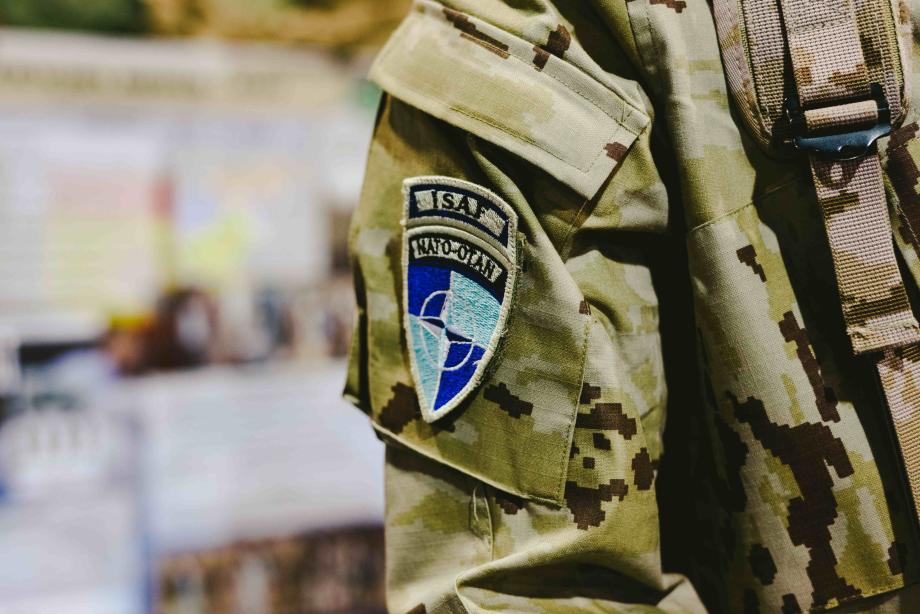NATO Enlargement: The future of the Open-Door Policy

The North Atlantic Treaty Organisation (NATO) was founded in 1949 in Washington DC by 12 countries: Belgium, Canada, Denmark, France, Iceland, Italy, Luxembourg, the Netherlands, Norway, Portugal, the United Kingdom and the United States. Since its inception, the Alliance has more than doubled its size, notably with the integration of Eastern European countries after the end of the Cold War.
At the core of this enlargement is NATO’s Open-Door Policy. Based on Article 10 of the North Atlantic Treaty, it provides a process and criteria for any country that intends to join the organisation. Based on the principle that European nations have the right to security and self-determination, it can include any “European state in a position to further the principles of this Treaty and to contribute to the security of the North Atlantic area.” Eight enlargement rounds were conducted in 1952, 1955, 1982, 1999, 2004, 2009, 2017 and 2020, when North Macedonia became NATO’s 30th member state.
The Open-Door Policy is designed to promote European security and stability by creating a unified defence against possible aggression by external countries. Acceding member states must uphold the values and commitments of the Alliance, which include democratic principles, human rights, the rule of law, and respect for international law. Allied nations have supported this policy throughout NATO’s existence and assisted countries seeking to join the organisation.
Read more in the policy brief below.